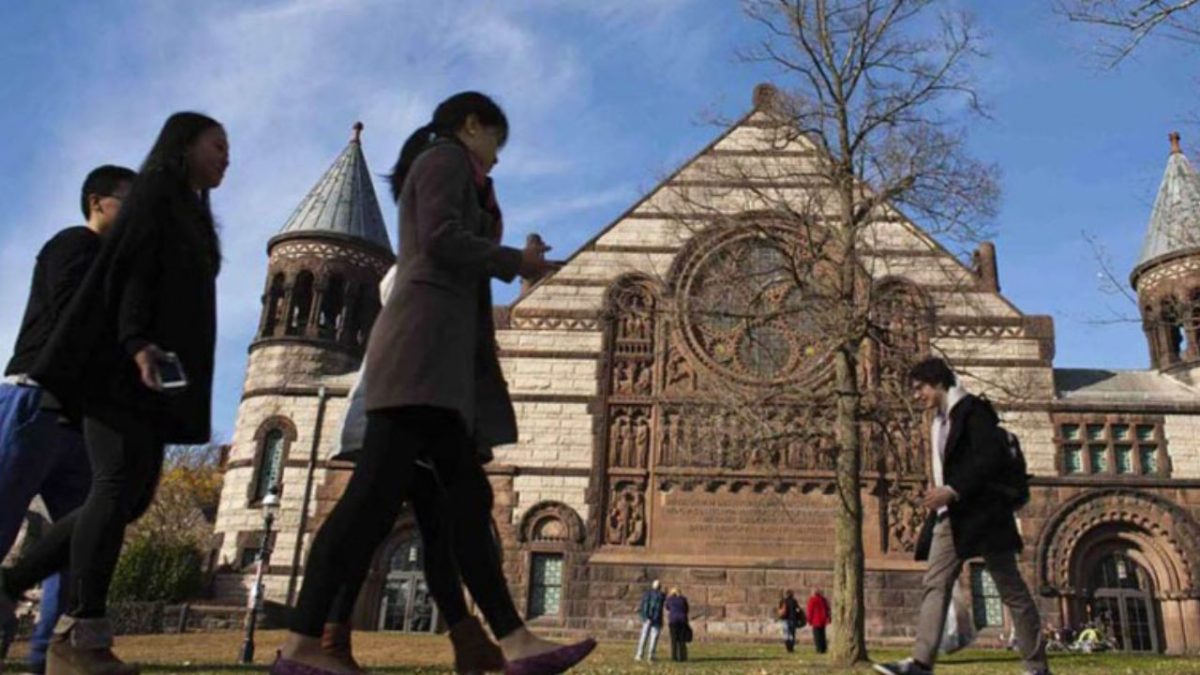An American lawyers’ association has revealed that around half of the international students who recently had their visas revoked by the Donald Trump administration are from India. The American Immigration Lawyers Association (AILA), following an analysis of 327 such reports, said in a statement that most of the students affected by the Trump administration’s move are Indians, followed by the Chinese (14 per cent).
“Other significant countries represented in this data include South Korea, Nepal, and Bangladesh,” said the AILA in a press statement.
According to data from Open Doors, Indians made up the largest student cohort in the US in 2023-24. Of the total 1,126,690 international students, more than 330,000 were from India, representing a 29 per cent share. The Chinese followed at the second position, with 277,000 students.
According to media reports, at least 1,024 students in US have had their visas revoked or their legal status cancelled in less than a month. The move has prompted a slew of lawsuits by the students, who allege they were denied due process and that there was not adequate justification to snatch their right to be in the country.
“What you’re seeing happening with international students is really a piece of the much greater scrutiny that the Trump administration is bringing to bear on immigrants of all different categories,” said Michelle Mittelstadt, director of public affairs at the Migration Policy Institute.
Impact Shorts
More ShortsBigger concern: Optional Practical Training
The AILA said that a bigger concern was that around half of the student whose legal statuses have been revoked are on Optional Practical Training (OPT).
Optional Practical Training (OPT) is a programme that lets international students with F-1 visas work in the US for real-world experience in their field of study.
Regular OPT: You get up to 12 months of work authorisation after completing your degree.
STEM OPT Extension: If your degree is in a STEM field (science, technology, engineering, or math), you can apply for a 24-month extension, making it 36 months total.
According to the AILA, the concern is that the road to reinstating the legal status of those on OPT is much more difficult and murkier.
“The road to reinstating status for those who have already graduated and are employed on OPT is much more difficult and murkier than those who are currently students,” noted AILA.
AILA noted that these reports “paint a concerning picture of the arbitrary nature of these visa revocations and terminations.”
Notably, most of the individuals in the AILA report did come into contact with police—about 86 per cent—a significant portion, around one-third, didn’t end up facing formal legal consequences. Their cases were either dropped, they weren’t charged at all, or no prosecution followed.


)

)
)
)
)
)
)
)
)



